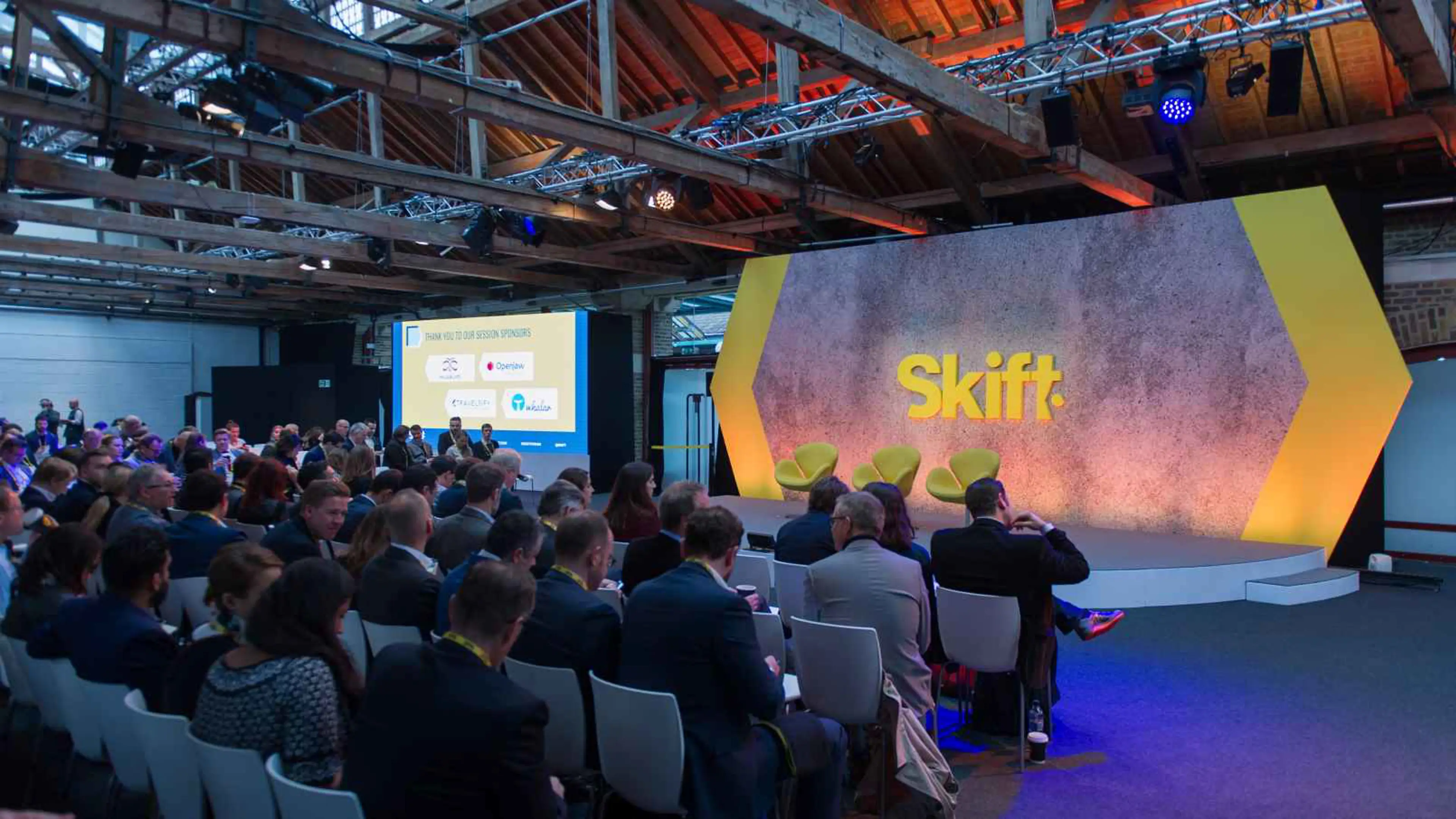
Hospitality & Travel
1 May 2019
5 Min Read
How Do Global Travel Trends Affect Europe? Key Takeaways from the Skift Forum 2019
Fondly referred to as the ‘Ted Talks of Travel’
Hospitality & Travel

Retail & Luxury Goods
4 Sept 2025
9 min read

News
5 May 2025
3 min read

News
17 May 2024
2 min read

Hospitality & Travel
1 May 2019
5 Min Read
Fondly referred to as the ‘Ted Talks of Travel’
Hospitality & Travel